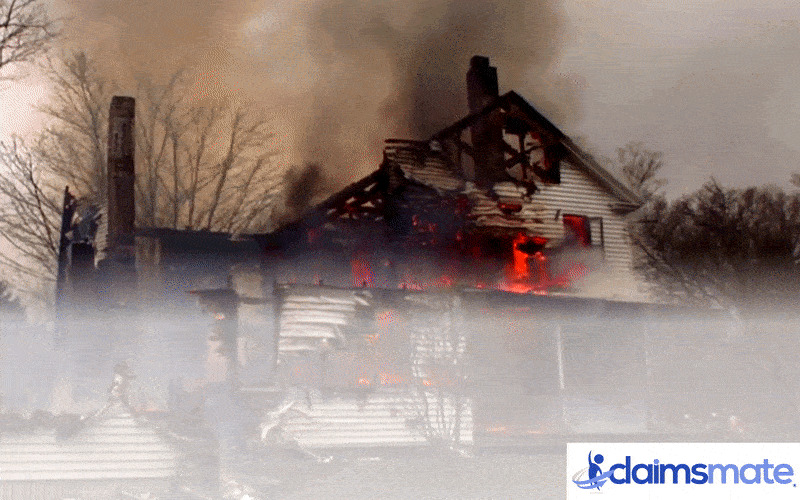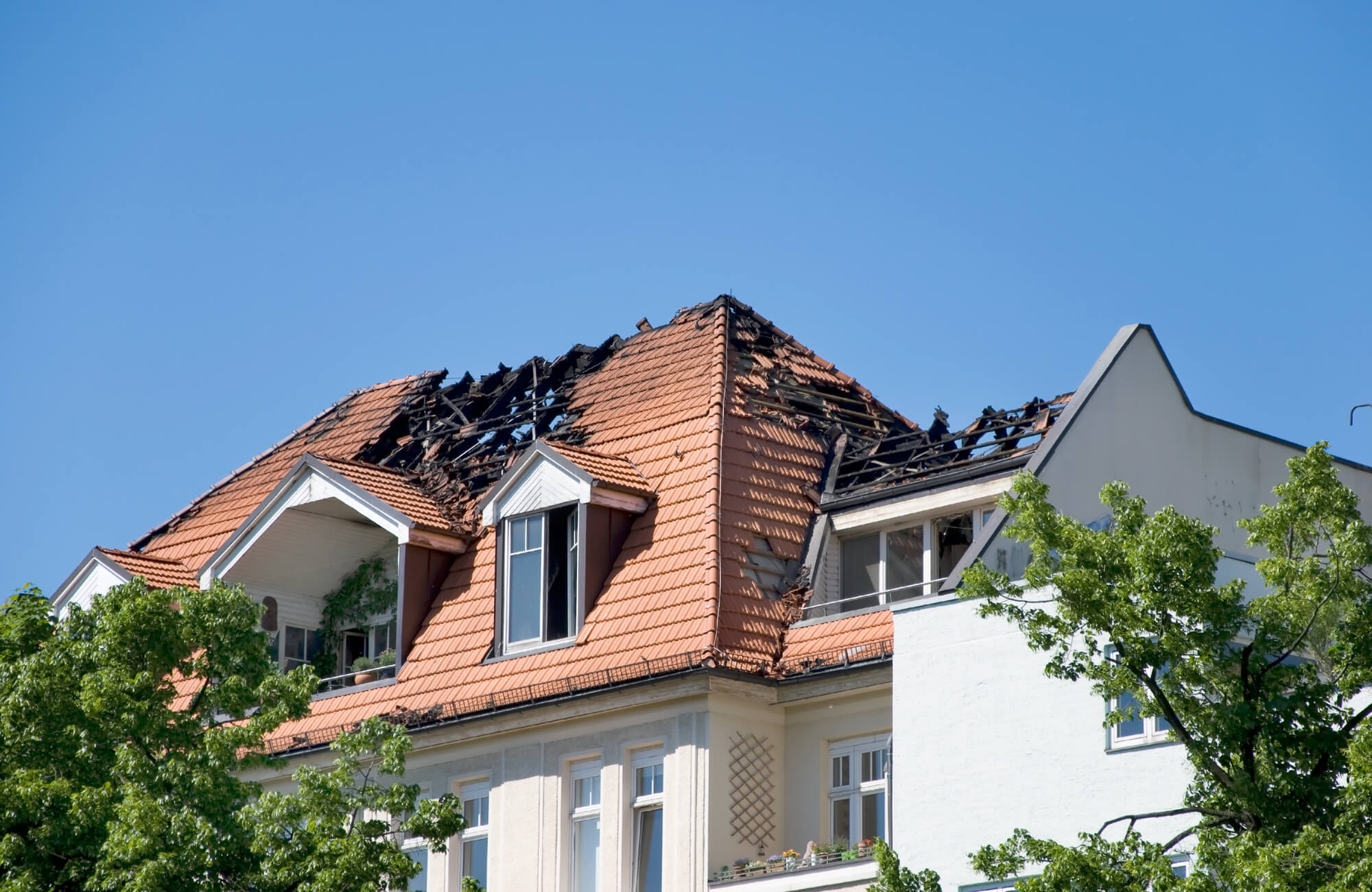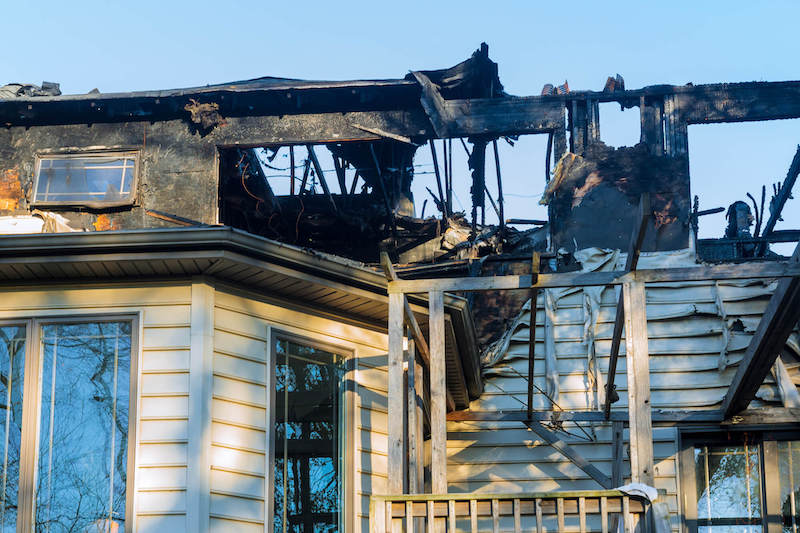Thursday, September 24, 2020
Fire Insurance Adjusters Help With Fire Claims
Watch on YouTube here: Fire Insurance Adjusters Help With Fire Claims
Via https://www.youtube.com/channel/UCcZImr64sN4bR4BB_JA82vg/videos
Fire Insurance Claim Tips
Watch on YouTube here: Fire Insurance Claim Tips
Via https://www.youtube.com/channel/UCcZImr64sN4bR4BB_JA82vg/videos
Fire Insurance Claims: Tips & What to Expect for Fire Damage Insurance Claims
You buy homeowners insurance to protect against unexpected events – including house fires.
House fires are devastating. However, insurance protects you. Your home insurance policy should compensate you for the cost of repairing or replacing your home – and anything inside your home – after fire damage.
House fire insurance claims can be messy and expensive. Most homeowners have zero experience with fire insurance claims – and insurers may try to take advantage.
We’re covering the best fire insurance claim tips, examples and more.

How a Fire Insurance Claim Works
Fire can cause different types of damage to a property. Some fires totally destroy a property, leading to a total loss insurance claim. Others fire only damage one or two rooms or an outdoor area – but cause smoke or soot damage throughout the property.
Fire damage insurance claims come in different varieties, but insurance claims tend to proceed in a similar way. Below, we’ll list the typical progression of a fire insurance claim – from the first steps to the last.
- Secure the Scene: Put out the fire. Contact emergency services. Make sure every person and pet in your household is safe. Take steps to limit further damage. Place a tarp over the hole in your roof, for example, to prevent water from flowing in.
- Contact your Insurer and Start the Claim: All insurers have a 24/7 claims hotline. Contact your insurer to start the claim process. Your insurer will give your claim a number, then explain the next steps to take.
- Wait for the Adjuster: Typically, your insurer sends one of their adjusters to your property to inspect and verify the damage. The adjuster may tell you to hire an emergency restoration contractor to further secure the scene and begin repairing damage.
- Accept Emergency Funds: At this point, your adjuster may wire emergency funds to your bank account. These funds can cover accommodations (if you’re unable to live in your home), meals, and similar expenses. These funds will be deducted from any final settlement.
- Get Multiple Estimates: Your insurance company may provide an estimate on how much repairs should cost. This estimate may be ideal – or it may be too low based on the prices charged by local contractors. Get multiple estimates for repairing or restoring your property.
- Restore or Repair Damage: For severe fire damage insurance claims, emergency restoration contractors may arrive on scene immediately to begin repairing damage. Restoration contactors will repair or restore your property to its pre-loss condition. The contractors will also identify items that can be salvaged – and items that need to be thrown away.
- Keep All Receipts: Throughout this process, it’s crucial to document everything. Keep all receipts for hotel accommodations, meals, and other expenses. Anything you pay while living away from your home should be covered by insurance (within reason). You buy insurance to cover these expenses.
- Document Everything: You should also document everything throughout this process. In addition to keeping receipts, keep photos or videos of all damaged items, all property damage, and other things affected by the fire.
- Inspect your Entire Property for Damage: Fire damage insurance claims can get messy. It may seem like a minor fire only in one corner of your home – but soot and smoke damage can spread throughout your property to affect multiple rooms of your home. Carefully inspect your property or hire experts who can inspect your property. Your HVAC system may be filled with smoke and soot, for example, that will spread throughout your home if not cleaned.
- Consider Hiring a Public Adjuster: If you encounter issues at any of the steps above, then consider hiring a public adjuster. A public adjuster works on your behalf to maximize fire damage insurance claim compensation. Some people hire a public adjuster immediately after a loss to ensure a smooth claim process. Others hire a public adjuster after a claim is denied – or after the insurer offers a low payout. A good public adjuster specializing in fire damage claims can easily be worth the small fee, and some property owners double or even triple their payout.
[big_contactus]
Fire Insurance Claims Examples
 Some fire damage insurance claims are million-dollar claims with total loss of property. Other claims are relatively minor, causing a few thousand dollars of smoke and soot damage.
Some fire damage insurance claims are million-dollar claims with total loss of property. Other claims are relatively minor, causing a few thousand dollars of smoke and soot damage.
Below, we’ve highlighted some examples of fire damage insurance claims, including fire damage claims at homes and commercial fire damage claims for businesses.
Historic House in Dallas
A historic home in Dallas was insured for $421,000 and destroyed by a large fire. It was a total loss, although the homeowner and insurance company disagreed on the amount required to pay. Although the home was insured for $421,000, the insurer valued the property at $365,000. According to the insurer, they only had to pay $365,000 to cover the actual cash value of the property – the exact value of the property at the time the loss occurred. The homeowner hired a public adjuster. The public adjuster identified features and fixtures in the home that increased the value significantly. Ultimately, the insurer paid the full $421,000 value of the policy, including additional coverage for debris removal, damaged landscaping, and other expenses.
Lumber Company in Tennessee
A lumber company in Tennessee experienced a fire that led to the loss of $5 million of inventory. The insurer delayed and denied the claim at first, demanding evidence of the $5 million of lost inventory. After hiring a public adjuster, the lumber company was able to receive the full amount owed for the loss of inventory. The public adjuster also argued for the coverage of moving expenses, as the lumber company needed to adjust operations during the fire damage restoration process. Overall, the company significantly improved its payout by hiring a public adjuster.
House Fire in the Suburbs of San Antonio
A homeowner in suburban San Antonio received a call at work that her house was on fire. An electrical surge had sparked a fire within the kitchen. A neighbor spotted the fire and alerted emergency services quickly, and firefighters stopped damage from spreading to other parts of the home. The insurance company’s adjuster initially offered a payout of $34,000 to cover the cost of repairing and restoring damage in the kitchen. The homeowner disagreed with that valuation, however, and hired a public adjuster to get added compensation. The public adjuster identified smoke and soot damage throughout the property, ultimately arguing for additional coverage. The overall, final cost of the fire damage insurance claim was close to $70,000, and the homeowner received this amount with help from a public adjuster.
[dynamic_contact_us text="Contact A Public Adjuster"]
How to Deal with an Insurance Adjuster After a House Fire: The Best Tips & Strategies
Your insurance company’s adjuster is a salaried employee of your insurance company. That adjuster’s goal is to minimize payout – not provide you with as much money as you like.
Remember: insurance companies are for-profit businesses. They want to make as much money as possible while paying as little for your claim as they’re legally obligated to pay.
Unfortunately, most homeowners have zero fire damage insurance claim experience. Your insurance company’s adjuster may take advantage of this naivety to offer low payouts or deny your claim based on hidden contract terms.
We want to help. You can hire a public adjuster to ensure complete coverage for your fire damage insurance claim. See tips for dealing with insurance adjusters along with the tips below for dealing with fire insurance claims:
Document All Additional Costs from the Fire: Your homeowners insurance policy covers additional living expenses (labeled as ‘ALE’ on most policies). If a house fire destroys your home and forces you to move out, then you may need to pay ALE in the form of hotels, meals, a rental car, cleaning supplies, and other expenses. Track all of these costs and keep receipts. Your insurer is obligated to cover most costs incurred as a result of your house fire.
Take Photos and Videos: Many homeowners are surprised by how much evidence insurers request after a house fire. The more photos and videos you have of damage, the better. Take photos and videos of damaged property, damaged items, and anything else. Make sure you take these photos before cleanups or repairs start. Otherwise, it may be too late.
Create a Home Inventory Today: Most homeowners don’t keep an inventory of everything in the home – but you should. Proactive homeowners keep an inventory of everything in the house, and they update this inventory regularly. If a house fire occurs, you have specific information about what was damaged and what your insurer needs to cover.
Review Your Policy Regularly: By reviewing your homeowners insurance policy regularly, you can avoid being underinsured.
How Commercial Fire Damage Claims Work
Commercial fire damage insurance claims work in a similar way. Every year, businesses across the United States suffer $3 billion in commercial and industrial property damage due to fire.
One of the major differences between a residential and commercial fire damage claim is with the value of the claim. Businesses could lose millions in a fire, which means a more complicated insurance claim process.
Fortunately, public adjusters can help with commercial fire damage claims as well. Many public adjusters specialize in fire damage insurance claims for businesses, fighting on behalf of business owners to secure maximum compensation.
Total Loss Fire Claims
 With a total loss fire claim, the cost of fire damage exceeds your policy’s value. You might have lost $500,000 worth of property and possessions in a devastating house fire, for example, but you only have $300,000 of insurance coverage.
With a total loss fire claim, the cost of fire damage exceeds your policy’s value. You might have lost $500,000 worth of property and possessions in a devastating house fire, for example, but you only have $300,000 of insurance coverage.
In a total loss fire damage insurance claim, your insurer pays up to the limits of your policy. You cover remaining costs out of pocket.
Many homeowners who experience a total loss are underinsured, which means you have too little insurance to cover your property and possessions.
Review your insurance policy, property value, and possession value regularly to ensure they line up. Otherwise, you could be left dangerously underinsured after a house fire.
How a Public Adjuster Helps with a Fire Insurance Claim
Many people hire a public adjuster to help with a fire damage insurance claim. When you hire a public adjuster, you’re getting a genuine insurance expert to support your claim, maximize compensation, and ensure a smooth settlement process.
Perks of hiring a public adjuster include:
- Obtain a fair claim settlement payout much higher than the initial offer
- Get expert assistance at every step of the fire damage insurance claim process
- Let a specialist negotiate with the insurer on your behalf for the highest possible compensation
- Complete management of the fire damage insurance claim, repairs, and restorations from beginning to end
- Get a second opinion from an expert on home valuation, policy coverage, and repair costs
- Get an insurance specialist who represents your best interests – not your insurer’s best interests

[big_contactus]
Most public adjusters only charge a fee after you accept the final payout from your insurer, at which point they take a pre-arranged cut of the payout. Public adjusters charge between 5% and 25% fees, based on their experience, the size of the claim, and other factors.
After hiring a public adjuster, many of our customers agree: it feels like a weight has been lifted off your back, and you can relax knowing an expert is supporting your claim at very step.
Final Word On Fire Insurance Claims
House fire insurance claims are tricky. Fortunately, with preparation and expert assistance, you can maximize compensation.
After a house fire, your insurance company needs to compensate you for the cost of repairing or replacing any damage, including damage to your property and possessions. If your insurance company fails to live up to this agreement, then your insurer may be acting in bad faith.
For expert assistance with your fire damage insurance claim, contact ClaimsMate today for a free consultation.
Our public adjusters have decades of proven experience maximizing compensation with fire insurance claims.
Article Source Here: Fire Insurance Claims: Tips & What to Expect for Fire Damage Insurance Claims